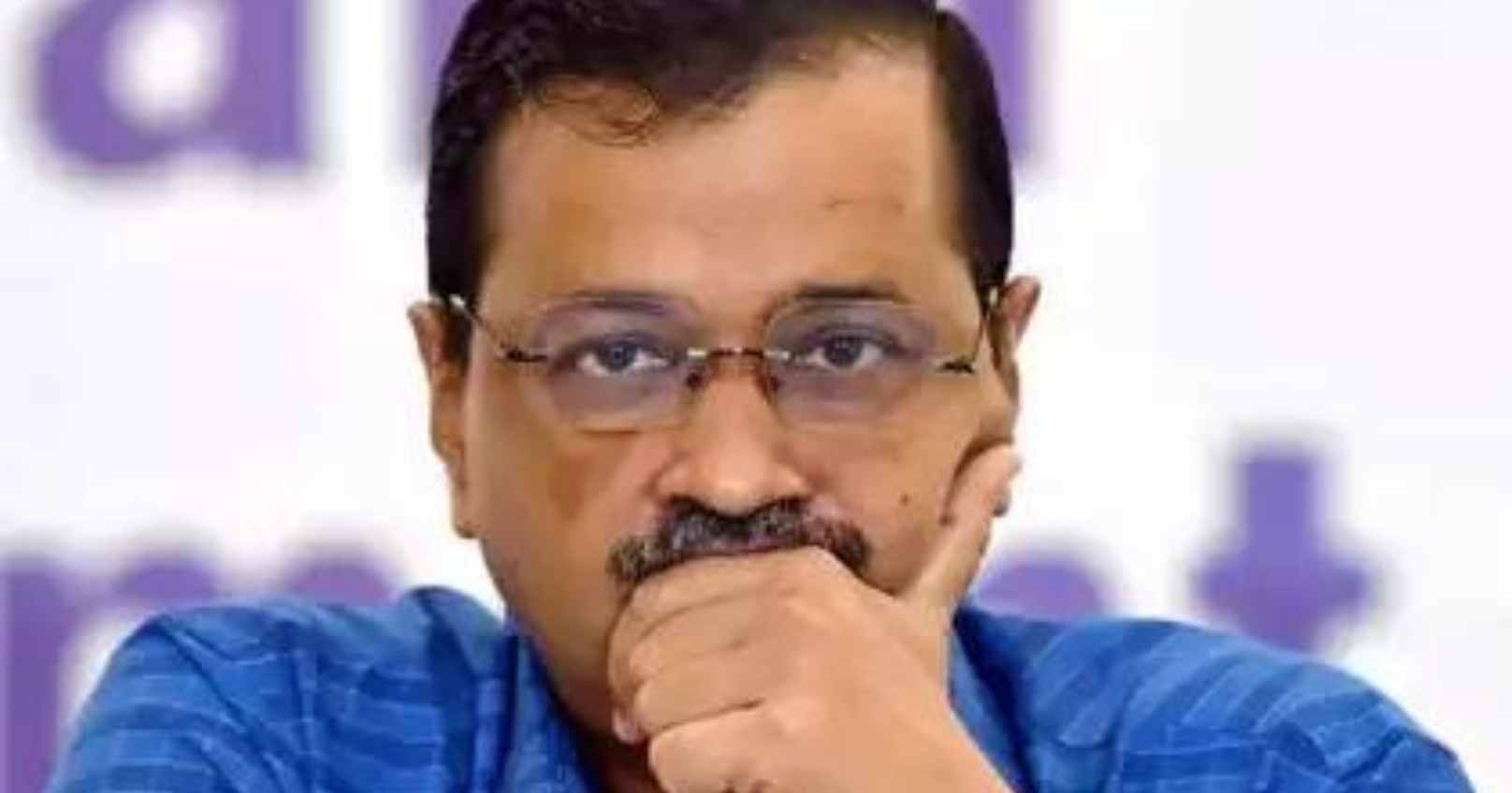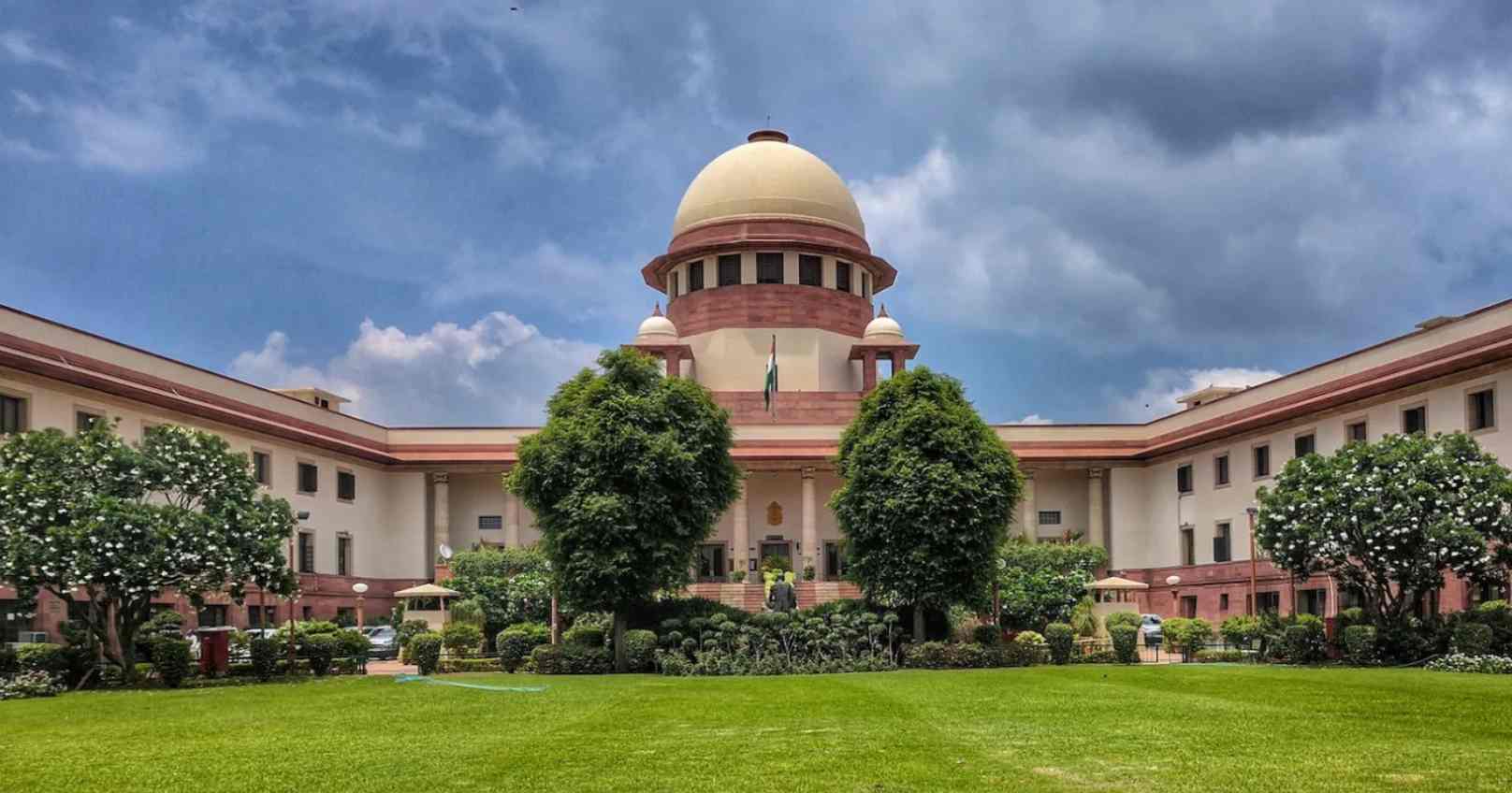In a crucial hearing at the Rouse Avenue Courts, Special Judge Kaveri Baweja heard Chief Minister Arvind Kejriwal’s plea for a 7-day interim bail on medical grounds at 2 PM today. The Supreme Court's interim bail, granted to Kejriwal, ends today, necessitating his surrender by tomorrow. His regular bail plea is set for hearing on June 7.
Legal Representation and Key Arguments
The legal teams representing both sides are prominent figures. The Enforcement Directorate (ED) is represented by Additional Solicitor General (ASG) SV Raju, with Solicitor General of India (SGI) Tushar Mehta also appearing via video conference. Senior Advocate N Hariharan is arguing on behalf of Kejriwal.
SGI Mehta opened the arguments, pointing out that Kejriwal’s announcement about surrendering was misleading, implying voluntary surrender while taking chances with the court. He accused Kejriwal of not briefing his counsel properly and making false statements about his health. SGI insisted that the court cannot modify the Supreme Court’s order mandating Kejriwal's surrender by tomorrow.
Court’s Reception and Defense Argument
The court, allowing Kejriwal’s counsel to present first, listened as Hariharan argued the medical necessity for the interim bail. He claimed that Kejriwal’s condition, particularly fluctuating sugar levels and increased keto levels indicating potential kidney issues, required immediate medical tests that could not be performed adequately if he were to surrender. Hariharan stressed the serious risk to Kejriwal's health if proper tests and treatments are not done before his surrender.
Prosecution’s Objections
ASG Raju countered that Kejriwal’s application was not maintainable as it defied the Supreme Court's clear order. He argued that interim bail requires the applicant to be in custody, which Kejriwal is not. Moreover, the application failed to comply with Section 45 of the Prevention of Money Laundering Act (PMLA), which mandates strict conditions for bail. Raju highlighted that Kejriwal did not disclose his previous Supreme Court application seeking similar relief, calling it a deliberate suppression of facts.
Raju emphasized that Kejriwal’s condition was pre-existing, and his conduct, including extensive campaigning across India, indicated he was not critically ill. He argued that any necessary tests could be conducted within hours at AIIMS or other facilities available through jail authorities.
SGI Mehta’s Stand on Judicial Integrity
SGI Mehta reiterated the significance of upholding the judicial process's integrity, arguing that Kejriwal’s actions misled the system. He pointed out that Kejriwal had ample opportunity to get tested between the Supreme Court's order and now but chose to campaign instead. Mehta emphasized that Kejriwal's claim of significant weight loss was false and that the request for interim bail was an attempt to avoid surrendering under the guise of medical issues.
Court’s Inquiry and Decision
The court asked Hariharan about the duration of the tests required and why seven days were necessary. Hariharan explained the need for comprehensive tests like the halter test, which monitors heart conditions over 72 hours, and other tests such as a PET scan.
After extensive arguments from both sides, the court decided to reserve its order for June 5, despite Hariharan’s request for an earlier date, stating the urgency due to the bail's impending expiration and the need for medical tests.
Summary
The hearing saw intense arguments regarding the maintainability and necessity of Kejriwal’s interim bail on medical grounds. The prosecution argued procedural and factual inconsistencies, while the defense emphasized the health risks and need for immediate medical attention. The court’s decision on June 5 will determine the next steps for Kejriwal in this high-profile case.







